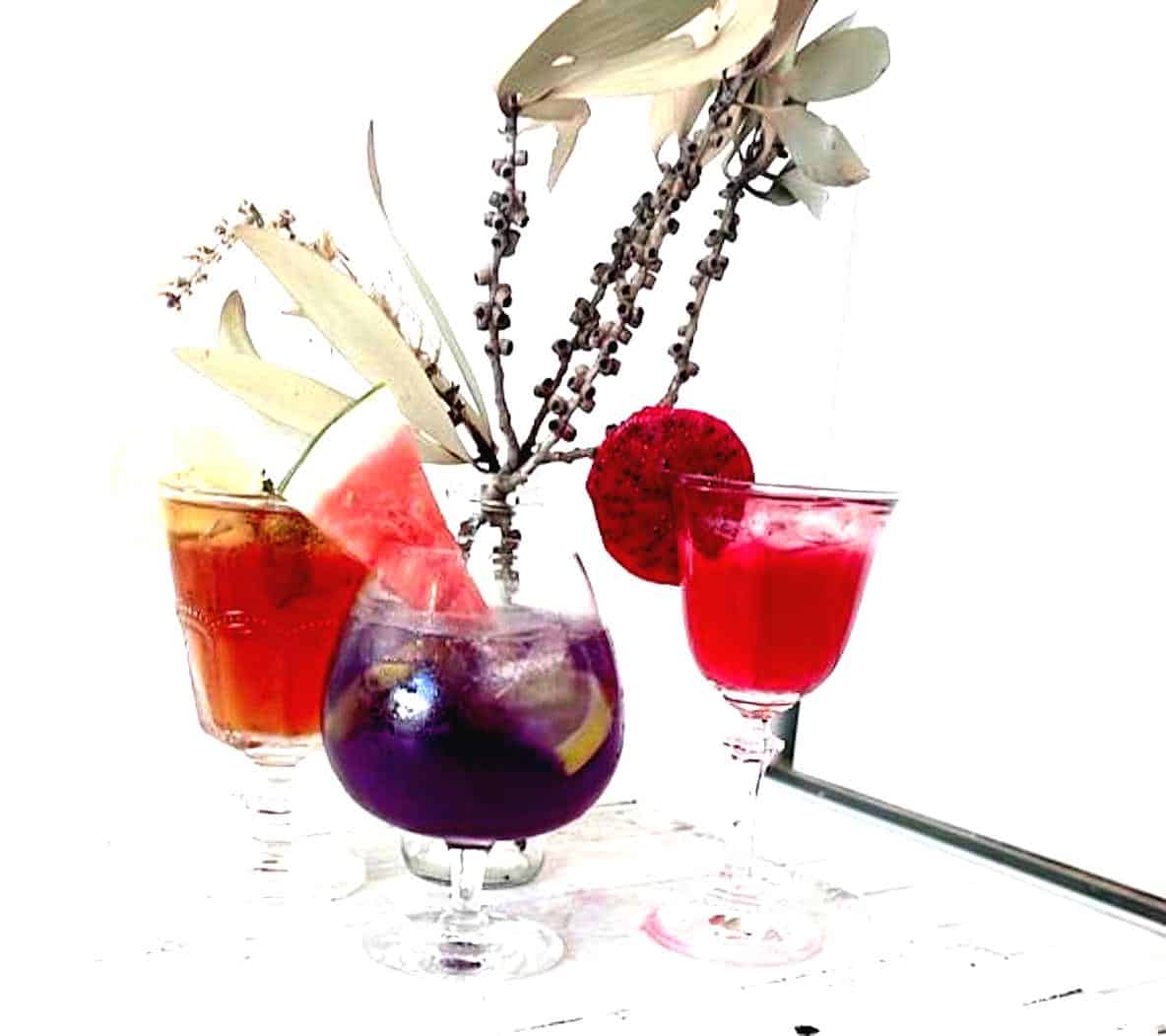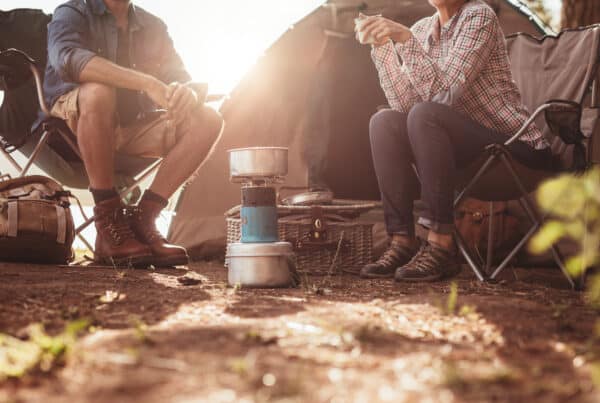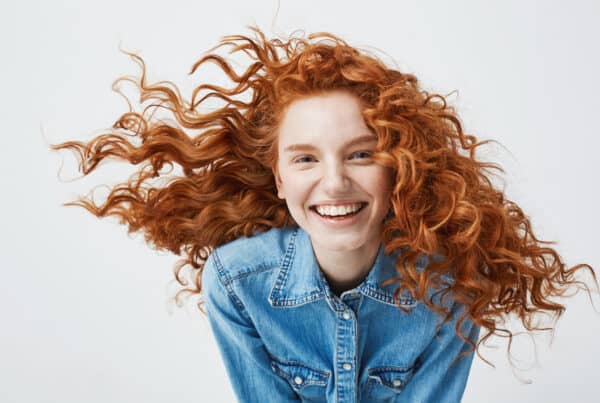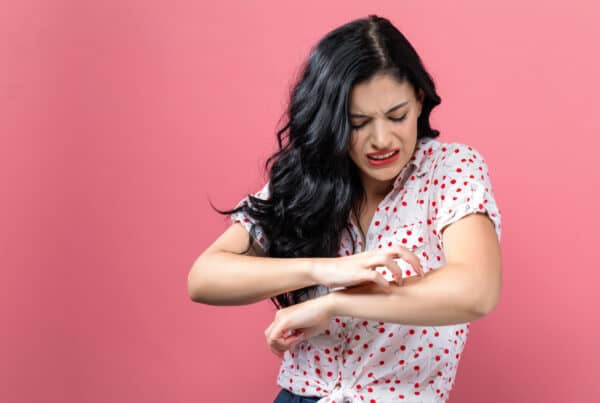During the month of July, many of us may toy with the idea of taking the plunge into 31 days of sobriety, A month of being alcohol free can wring out our livers, de-mist our foggy brains and we can wake up without cringing under an earth-shattering headache.
But what happens beyond July?
Come 1st of August do we throw ourselves back in like there’s no tomorrow? Delve into delectable cocktails with mind blowing alcohol content that have teased our wildest dreams these last 31 days? Or do we step back and reassess? There may be an underlying cause why we need to, such as disease or mental health, but whatever the reason there are a growing number of people in Australia turning towards the mindful drinking movement. The Centre for Alcohol Policy research at La Trobe University estimates that the number of people aged between 18 to 24 who don’t drink has doubled in the last 20 years. In 2001, 8.9% of people in their 20’s did not drink alcohol compared to 22% in 2019.
It’s not just young people who are making this move. Data from the 2019 National Drug Strategy Household Survey (NDSHS) indicates that a high proportion of people in older age groups have given up alcohol. In 2019, 9.6 % of people in their 50s had given up, compared with 12.7% in their 60’s and 16.1% in their 70’s. However, in the older group, those who continue to drink are more likely to exceed the lifetime risk guidelines.
So why do we drink?
The sober-curious among us have made claims such as better sleep, clarity of thought and weight loss. With all these benefits it’s a wonder that anyone drinks at all. Why would we consume something that makes us mentally unfit, destroys our liver and makes us so dehydrated that our brains pound against our skulls. Social anxiety is a major cause of excessive drinking and starts from a young age. We associate alcohol with having more fun, being louder, funnier, or increased stamina. We have been conditioned to see it as a stress reliever, a way of shaking off our troubles or feeling free.
If we are choosing to drink by ourselves in the comfort of our own home, it might be to reward ourselves at the end of a hard week at work. To relax our mind and body so we don’t have to think about the stresses occupying our minds. Alcohol numbs us, so for the time it is in our blood stream we can make ourselves believe we feel different.
Is it time for a change?
Alcohol has had the Monopoly in Australia for so long. It is entrenched in our culture and many of us started at an early age. Alcohol can feel such a part of our everyday existence that we can’t imagine living without it. How do we celebrate a birthday, a wedding, a new job? What do we order when we go out for dinner? What do we offer our guests when they come over for dinner? Being nearly 50 and growing up in London in the 80’s and 90’s I can say that without a doubt I grew up in a culture of alcohol. It was normalized to a point where people who didn’t drink were considered strange.
Nowadays the tides are turning. Many young people just don’t drink. And I find it thrilling. With the advent of alcohol-free bars (Elixir, Cairns City), dance parties (www.ecstaticdancecairns.com), and dating sites, it’s becoming easier for young people to fully embrace a life without alcohol. There is not the stigma that followed us in the past if we were not drinking.
There is a trend sweeping Australia of moderation. Being sober-curious is a huge spectrum of choice. This may mean being completely alcohol-free. It may mean choosing to enjoy particular events alcohol-free. Maybe even choosing to date alcohol free to avoid the complications of beer goggles. We are now witnessing a movement of people both young and old who are choosing a new way of existing. Better sleep, decrease in anxiety, no hangovers, increase in self-esteem and being comfortable in your own skin are just some of the benefits of turning to a sober life.
So what can we drink if we want to be alcohol free?
According to BWS and Dan Murphy’s, alcohol-free beer has more than doubled in the last 12 months. Company’s such as Sans Drinks (www.sansdrinks.com.au) and Craftzero (www.craftzero.com.au) are exploding onto the market – offering a huge range of high quality alcohol free drinks. But what if you prefer not to drink beer, wine, or gin? Those of us who are fighting addiction may do well by avoiding the booze-free versions. With the advancement in the alcohol-free drinks industry, many drinks are now tasting exactly like their boozy twin. This may perpetuate the addictive effect on our tastebuds.
Those of us who need to keep an eye on our sugar intake may also want to avoid these drinks as they may contain a high sugar or calorie content. It’s important to check the nutritional information as alcohol-free does not necessarily mean healthy.
At Kiss Teas we produce a range of cold brewed carbonated drinks perfect for an alcohol-free night out. Our drinks are sugar free, additive free, caffeine free, calorie free, sugar substitute free and our blends cater for a range of palates. Up until now, if you’re looking for a sugar or calorie free soft drink, the favourite has always been soda with fresh lime. It’s a great drink. Don’t get me wrong! But imagine if there were other drinks available that make you feel special, that you can celebrate with, enjoy food with and look damn good. We don’t need champagne to make a toast – raise your glass of Kiss Teas and celebrate with us.
Keep
It
Simple
Sweeteas!
Alternatively, you can make our drinks at home. Just order the dried blends online and add cold water. It’s as simple as that. You can add our drinks to soda water, coconut water, juices, nut milks or just about anything else!
The Dry July campaign started in 2008 and since then has raised $73 million for those affected by cancer. To register please visit their webpage www.dryjuly.com.




